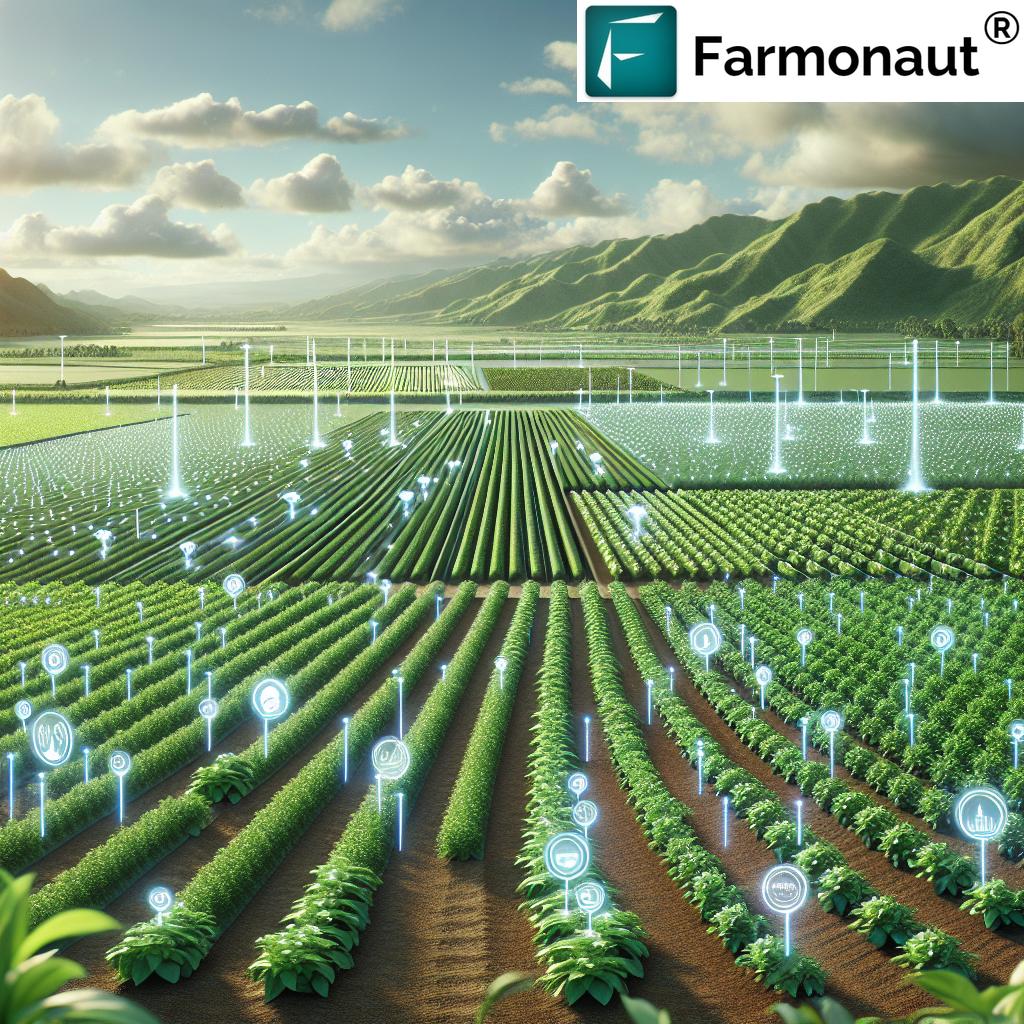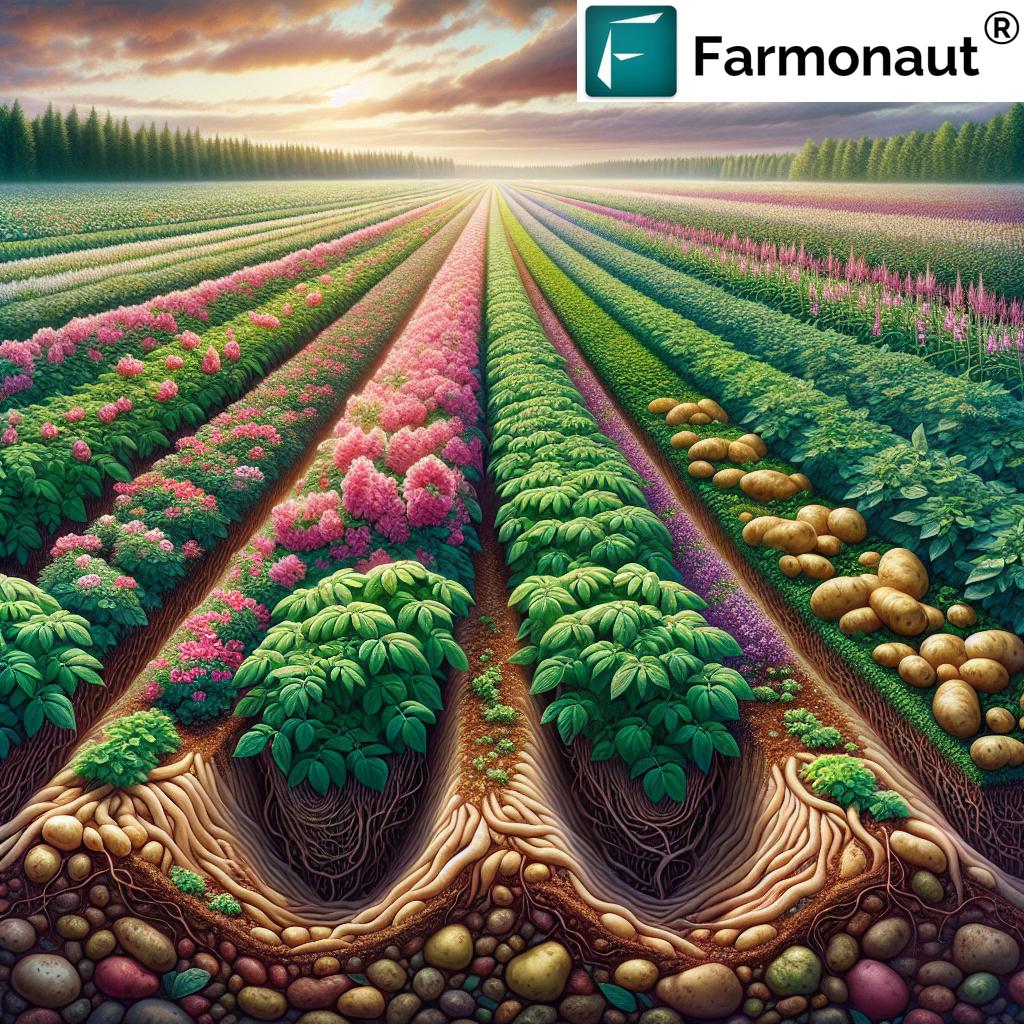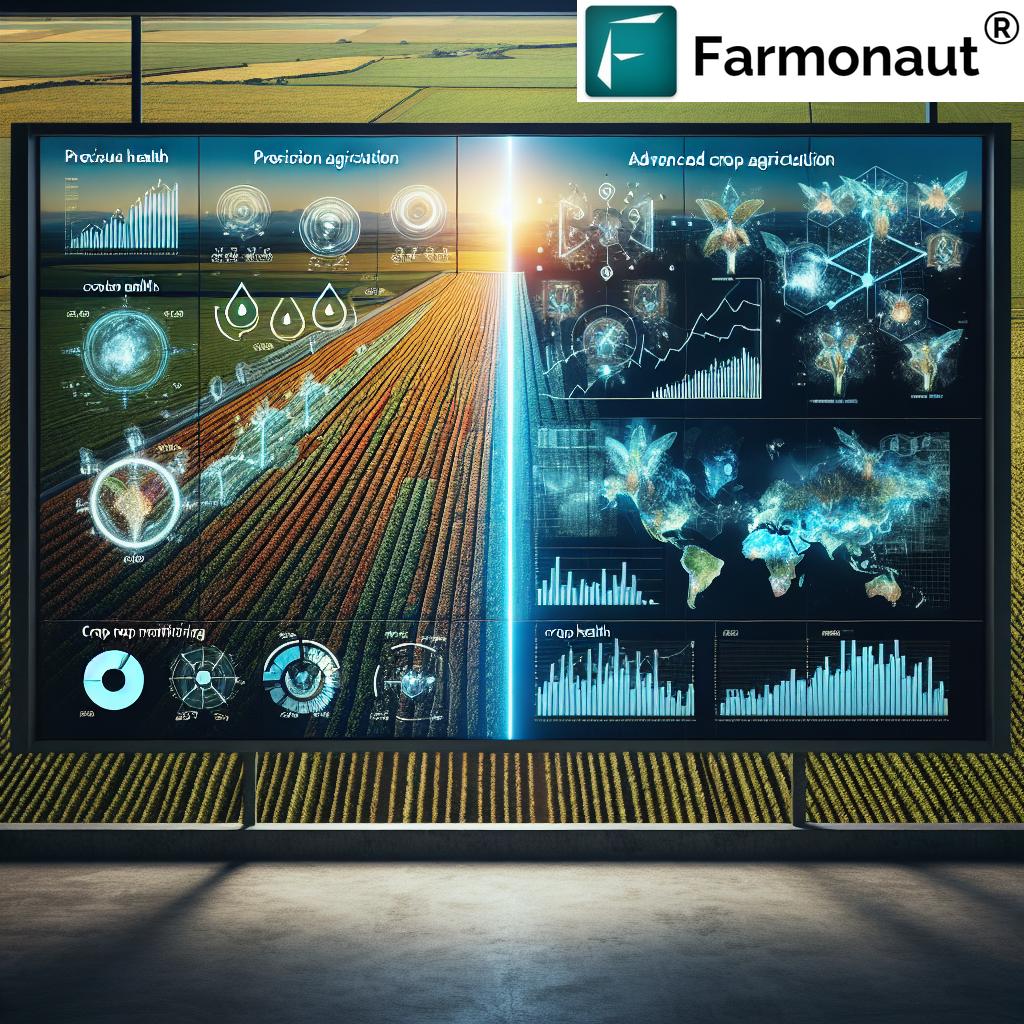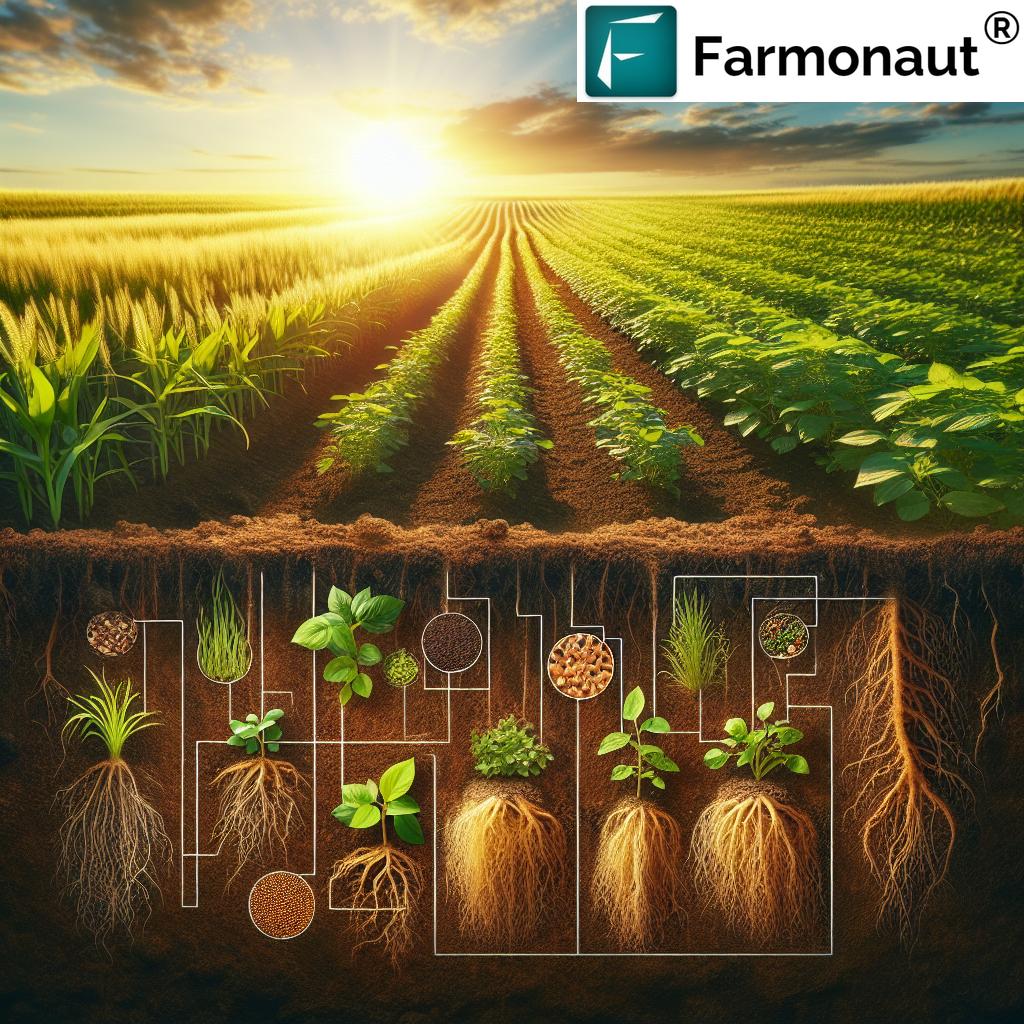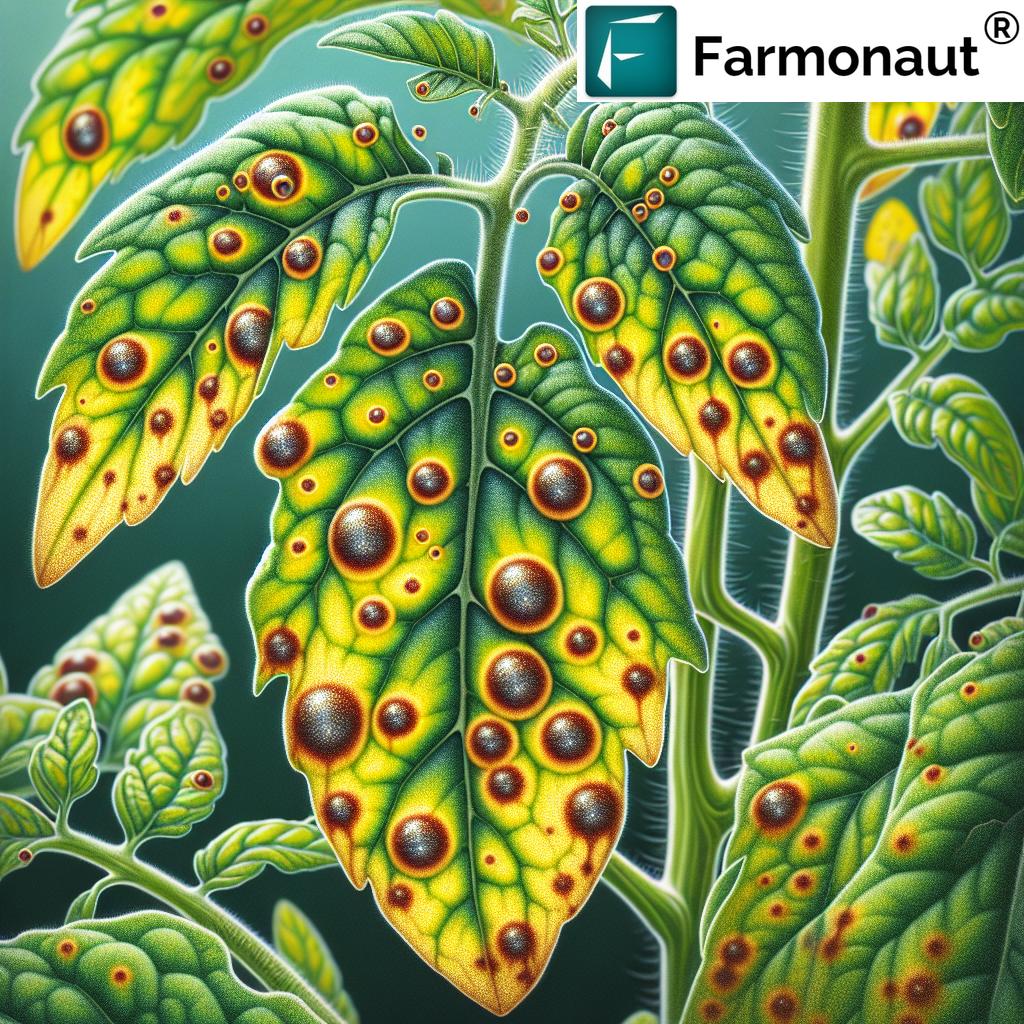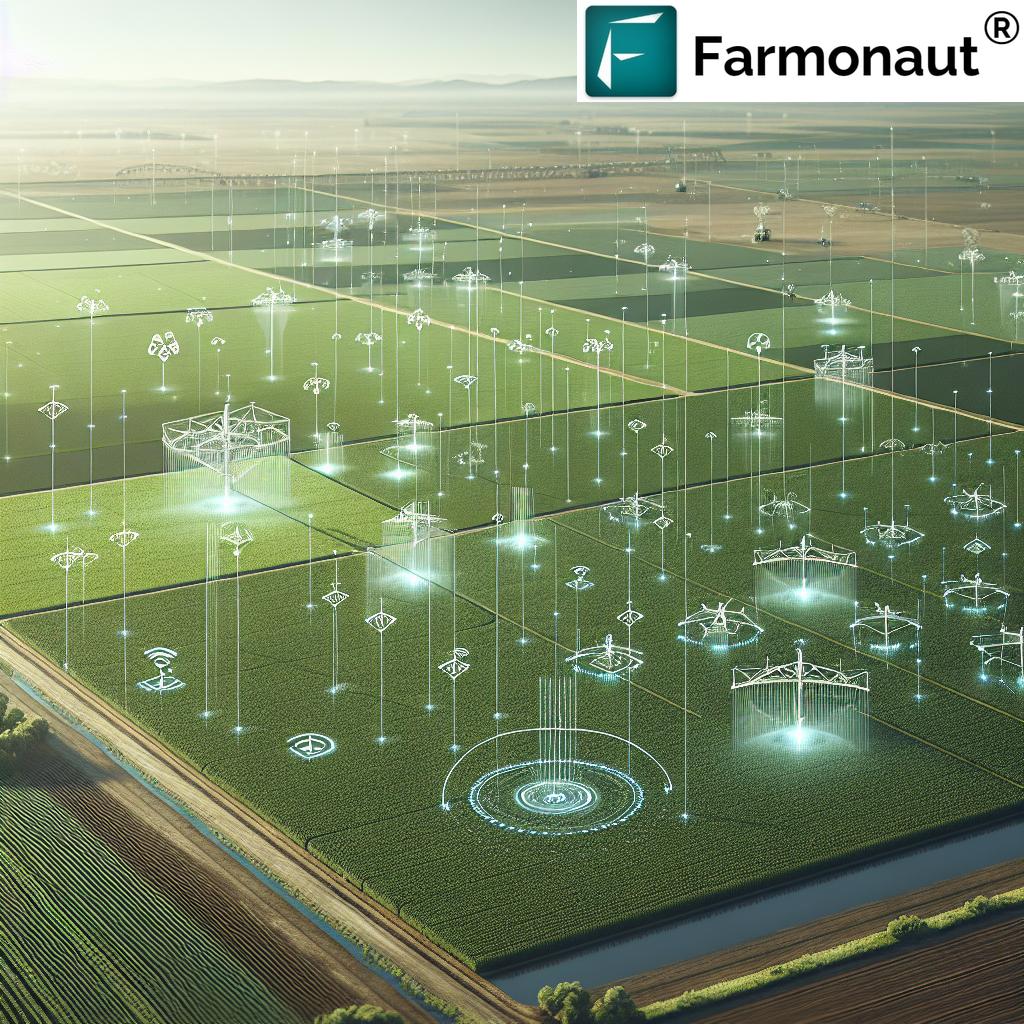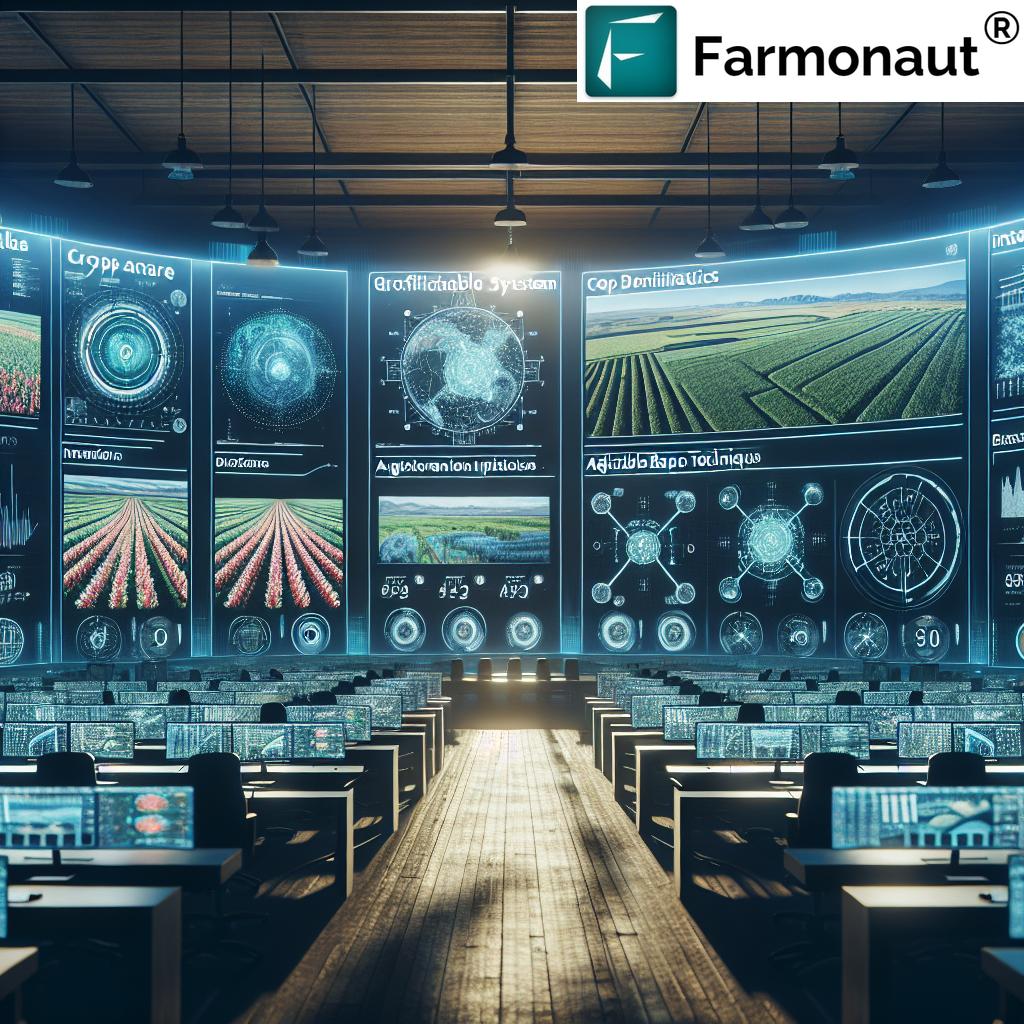Agriculture Irrigation Companies: Top Farming Irrigation Trends Shaping 2025
“By 2025, smart irrigation systems are projected to reduce agricultural water usage by up to 30% globally.”
Agriculture irrigation companies are redefining the future of farming irrigation worldwide. In 2025, with unpredictable rainfall patterns and increasing environmental challenges, efficient water management and advanced irrigation in farming stand as pillars supporting global food security. Smart irrigation systems and modern technologies are helping farmers boost crop yields, conserve water, and practice sustainable agriculture—even as climate variability continues to affect traditional agricultural patterns. This deep dive reveals the latest farming irrigation trends, technologies, and the evolving roles of irrigation companies, ensuring sustainable, productive, and profitable agriculture for the years ahead.
What is Agriculture Irrigation?
What is agriculture irrigation? It refers to the artificial application of water to soil to assist crop growth and productivity. Unlike reliance solely on natural rainfall, irrigation in farming provides a controlled water supply—helping to improve crop yields, extend growing seasons, and enable cultivation in arid and semi-arid regions. This critical practice enhances agricultural productivity and economic viability for farmers across diverse geographies, especially as the effects of climate variability become more pronounced in 2025 and beyond.
- Controlled water supply enables reliable crop growth even when rainfall is unpredictable.
- Boosts food security by supporting consistent agricultural production year-round.
- Enables cultivation in arid, drought-prone, or semi-arid regions otherwise unsuited for traditional farming.
- Critical for improving the economic viability for small and large-scale farmers alike.
Agriculture irrigation companies have contributed significantly to modern farming irrigation’s evolution—integrating smart technologies and advanced data-driven management systems to optimize the application and timing of water, further improving crop yields and resource efficiency.
Types of Irrigation in Farming: Methods Shaping Modern Agriculture
In 2025, irrigation in farming continues to be defined by a diverse range of techniques. Each method is suited for different terrains, crops, and water availability, driving ever-increasing efficiency and sustainability. Let’s cover the most widely adopted types and how agriculture irrigation companies are innovating these processes:
- Surface Irrigation:
- This traditional method involves distributing water across the soil surface via furrows or basins.
- While cost-effective, it faces challenges due to evaporation and runoff, reducing water-use efficiency.
- Suited to regions where labor is affordable and fields are flat, but often wastes a substantial amount of water compared to modern alternatives.
- Drip Irrigation Systems:
- Drip systems deliver water directly to plant roots via a network of tubes and emitters.
- Conserves water by minimizing evaporation and runoff; ideal for high-value crops like vegetables and fruits.
- With smart sensors and IoT integration, many modern farming irrigation companies are making drip systems even more precise in 2025.
- Sprinkler Irrigation:
- Water is sprayed over crops using high-pressure nozzles—mimicking rainfall.
- Flexible and adaptable to various types of fields and crops.
- Can be less efficient in windy or hot regions due to increased evaporation and drift loss.
- Center Pivot Irrigation:
- Common in large fields, this mechanized system irrigates crops in a circular pattern.
- Dramatically reduces labor inputs; initial investment is higher but offers efficiency gains.
- Often paired with remote sensors and AI-powered controls for real-time adjustment.
“Precision irrigation technologies can increase crop yields by as much as 20% compared to traditional methods.”
The Role of Agriculture Irrigation Companies in 2025
The functions of agriculture irrigation companies have evolved far beyond supplying irrigation equipment. In 2025, these companies are:
- Providing smart irrigation solutions that incorporate IoT, AI, and sensor networks to monitor soil moisture, automate water delivery, and guide predictive scheduling.
- Leveraging data from satellites, on-ground weather stations, and soil probes for real-time analytics and advisories—helping farmers make informed water management decisions.
- Offering tailored consulting by considering local climate conditions, crop type, and soil characteristics, which maximizes efficiency and boosts yields.
- Supporting integration of renewable energy-powered pumping systems, like solar and wind, reducing operational costs and environmental footprint.
- Championing environmentally responsible practices by integrating water conservation features and promoting sustainability alongside productivity.
In this data-driven era, the focus of top agriculture irrigation companies is on enabling farmers to do more with less—especially as global water resources become increasingly constrained.
Looking for easily accessible, affordable, and highly scalable satellite-based solutions for irrigation analysis, soil monitoring, and crop health in 2025?
Try the Farmonaut App for real-time, AI-powered insights! Quick access via Web, Android, and iOS.
Video Insights: Global Farming Irrigation Innovations
Comparison Table of Advanced Irrigation Technologies (2025)
The table below compares leading irrigation technologies/agriculture irrigation company solutions set to dominate large-scale irrigation in farming in 2025. It covers adoption rates, water savings, yield improvements, and key benefits—helping farmers identify the best fit for their needs.
| Technology/Method | Estimated 2025 Adoption (%) | Avg. Water Savings (%) | Est. Crop Yield Improvement (%) | Major Benefits |
|---|---|---|---|---|
| Drip Irrigation Systems | 42% | 35 – 45% | 15 – 25% |
|
| Smart Sprinkler Systems | 27% | 20 – 30% | 8 – 15% |
|
| IoT-Based Soil Moisture Monitoring | 34% | 25 – 35% | 10 – 18% |
|
| AI-Powered Irrigation Scheduling | 23% | 30 – 40% | 15 – 22% |
|
| Center Pivot with Sensors | 18% | 12 – 20% | 9 – 17% |
|
| Satellite-Connected Analysis* (*inc. via Farmonaut) |
13% | 10 – 30% | 12 – 20% |
|
Advanced Farming Irrigation Trends for a Sustainable Future
The landscape of irrigation in farming is rapidly shifting in 2025 as both technology and sustainability become core priorities. Below are key trends driving agricultural productivity and resilience:
Precision & Smart Irrigation Systems
- Precision irrigation delivers water only where and when crops need it, using real-time data from sensors, IoT devices, and satellite imagery.
- AI-based platforms—like those enabled by geospatial data and predictive modeling—adjust irrigation dynamically, considering soil moisture, weather forecasts, crop growth stage, and even market trends.
Integration of Renewable Energy
- More companies are pairing solar- and wind-powered pumps with advanced irrigation systems, drastically cutting both energy costs and environmental impact.
Wastewater Reuse & Circular Approaches
- Reusing treated municipal/industrial wastewater for irrigation is gaining popularity, supporting water conservation especially in drought-prone regions.
Data-Driven Water Management Platforms
-
Integrated digital platforms offer holistic field management—spanning irrigation scheduling, carbon footprint tracking, and fuel usage for equipment.
For instance, Farmonaut’s Fleet Management tools help optimize vehicle and machinery use on the farm, further improving operational efficiency.
Blockchain-Based Traceability & Resource Verification
-
Blockchain ensures secure, transparent tracking of resource use (including water), supplementing regulatory reporting and building consumer trust.
Discover more about enhanced transparency and accountability in irrigation and food production with Farmonaut’s Traceability Solutions.
Satellite-Based Remote Sensing & Advisory
- Farmers can access daily or weekly satellite-driven analytics, supporting timely irrigation adjustments and detecting potential stress or disease in crops.
- For example, Farmonaut’s Carbon Footprinting Service helps monitor environmental impact, supporting sustainable practices in irrigation farming.
Irrigation Farming & Sustainability: Strategies and Outlook
Irrigation farming remains central to both productivity and sustainability in agriculture. In 2025, leading agriculture irrigation companies emphasize methods and technologies that balance high yields with long-term environmental conservation.
Sustainable Irrigation Practices
- Micro-irrigation (drip and localized systems) reduces evaporation and water loss, protecting both regional aquifers and surface water bodies.
- Precision scheduling ensures irrigation aligns with crop demand, seasonal climate patterns, and actual soil moisture—using data from advanced sensors, drones, and satellites.
- Soil monitoring prevents salinization and degradation by flagging excess irrigation or poor drainage in real time.
- Integration with forest, plantation, and agroforestry advisory—like offered in our Crop, Plantation & Forest Advisory solutions—promotes resilience, biodiversity and the multi-dimensional use of agricultural land.
Promoting Water Stewardship and Food Security
- Water-efficient irrigation is a cornerstone of food security in regions facing irregular or insufficient rainfall.
- Solutions like satellite-based verification for crop loans and insurance help reduce risk for both farmers and financial institutions, making sustainable investments in irrigation farming more accessible.
Challenges for Irrigation in Farming and the Future Outlook
Despite remarkable progress, irrigation farming in 2025 faces persistent challenges that demand attention and innovation:
- Water Scarcity: Freshwater is increasingly scarce due to climate variability, overuse, and pollution.
- Infrastructure & Investment: Modernizing or expanding irrigation systems (especially in rural or developing regions) can require significant upfront capital—though longer-term returns are promising.
- Maintenance & Technical Expertise: Advanced systems need regular maintenance and tech-savvy support, which can strain smaller farming operations.
- Environmental Impact: Poor irrigation management risks salinization, runoff pollution, and aquifer depletion.
- Regulatory Complexity: Water rights, compliance, and reporting add layers of bureaucracy that can slow adoption.
How the Future Looks: Data, AI & Digital Transformation
- The integration of satellite imagery, AI, and big data is helping farmers and agriculture irrigation companies develop predictive models that dynamically optimize water application—based on weather, plant growth phases, soil conditions, and even commodity pricing.
- Farmonaut’s subscription-based solutions make advanced agricultural and irrigation analytics accessible for individual farmers, businesses, and government agencies alike—without the steep costs of traditional infrastructure.
- Adoption of digital tools (including web apps, APIs, and mobile solutions) supports remote monitoring and management, transforming irrigation farming into a more data-driven and resilient practice.
Explore real-time analytics and automation for irrigation farming with Farmonaut API and check out the Developer Docs for integration into your own management platforms.
Farmonaut: Satellite-Driven Innovation for Irrigation Farming
At Farmonaut, our mission is to make satellite-driven insights affordable and accessible for all stakeholders in global agriculture. We provide platforms and APIs that harness multispectral satellite imagery, AI, and machine learning to help optimize every aspect of farming irrigation and resource management.
- Satellite Crop & Soil Monitoring: Our technologies evaluate crop health (NDVI), soil moisture, and stress conditions, enabling precise irrigation decisions that minimize water waste and maximize productivity.
- Jeevn AI Advisory: Delivers real-time, field-level strategies that factor in weather, satellite trends, and operational history to boost both yields and efficiency in irrigation farming.
- Blockchain Traceability: Bringing security and transparency to water management and crop irrigation, supporting regulatory compliance and consumer assurance.
- Environmental Impact Tracking: Real-time monitoring of emissions, water loads, and carbon footprint lets every stakeholder see and improve their sustainability metrics.
Our solutions are modular, scalable, and economical, supporting everyone from smallholder farmers to large food enterprises and government agencies.
Discover Large-Scale Farm Management and Remote Monitoring – with Farmonaut!
Want to get started? Explore our easy-to-use subscription plans below, and start transforming your irrigation or agriculture operations with actionable satellite intelligence.
Farmonaut Subscriptions
FAQs: Agriculture Irrigation Companies & Farming Trends
What is agriculture irrigation, and why does it matter?
Agriculture irrigation refers to the artificial application of water to soil to support crop growth. It’s crucial for improving yields, extending growing seasons, and enabling cultivation in regions where natural rainfall is insufficient or unpredictable—making it essential for food production and security in 2025 and beyond.
What are the main types of irrigation methods used in farming?
Common methods include surface irrigation, drip irrigation, sprinkler systems, and mechanized center pivot systems. Each has advantages and disadvantages in terms of water savings, costs, and suitability for different crops and terrains.
How do agriculture irrigation companies contribute to sustainable farming?
Beyond supplying equipment, today’s companies provide smart irrigation solutions that incorporate IoT, AI, and sensors for real-time data analysis, automated water delivery, predictive scheduling, and environmental monitoring—helping to maximize efficiency and minimize water waste.
How does precision or smart irrigation impact water conservation?
By using sensors, weather forecasts, satellite data, and real-time analytics, precision irrigation can reduce water usage by up to 30% and increase crop yields by 20% compared to traditional irrigation.
What is Farmonaut’s role in irrigation and agriculture management?
We offer satellite-driven solutions for real-time crop and soil monitoring, AI-based advisory, blockchain traceability, fleet/resource management, and environmental impact analytics—delivered via app, API, and web—making innovative insight accessible and affordable for all stakeholders.
Conclusion: Irrigation – The Cornerstone of Sustainable Agriculture in 2025
In 2025, agriculture irrigation continues to be a cornerstone of food security, economic viability, and environmental stewardship. As climate variability affects traditional rainfall patterns, well-managed and technologically enhanced irrigation in farming becomes not only a necessity, but a strategic advantage. Modern irrigation systems, empowered by satellite-based analytics, IoT, and AI, drive higher yields, ensure reliability, and sustain the planet’s valuable resources.
Whether you are a farmer, agribusiness, or policy-maker, embracing the latest trends in farming irrigation and leveraging the expertise of agriculture irrigation companies is essential. Platforms like ours at Farmonaut deliver actionable, affordable intelligence—empowering you to make every drop count in the journey towards sustainable agricultural growth.
Ready to transform your approach to irrigation farming?
Experience our advanced solutions for Carbon Footprinting, Traceability, Crop Loan & Insurance, Fleet Management, and Large-Scale Farm Management today.





